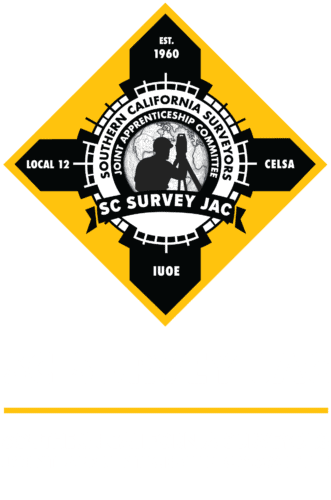It is against the law for a sponsor of an apprenticeship program registered for Federal purposes to discriminate or retaliate against, or harass, an apprenticeship applicant or apprentice based on race, color, religion, national origin, sex, sexual orientation, age (40 years or older), genetic information, or disability. The sponsor must ensure equal opportunity with regard to all terms, and privileges associated with apprenticeship.
If you think you have been subjected to such discrimination, harassment, or retaliation, you may file a complaint: a) within 300 days from the date of the alleged discrimination, harassment, retaliation, or failure to follow the equal opportunity standards with the U.S. Department of Labor, Employment and Training Administration, Office of Apprenticeship State Representative, addressed to Rick Davis, California State Director, USDOL/ETA/OA, 801 I Street, Room 202, Sacramento, CA 958114; or b) within 180 days from the date of the alleged discrimination, harassment, retaliation, or failure to follow the equal opportunity standards with the State of California, Division of Apprenticeship Standards, addressed to Administrator of Apprenticeship, Department of Industrial Relations, 455 Golden Gate Avenue, 9th Floor, San Francisco, CA 94102. You may also be able to file complaints directly with the U.S. Equal Employment Opportunity Commission (EEOC) or the California Department of Fair Employment and Housing (DFEH) within the time periods set by those agencies. Their contact information is as follows: c) EEOC: 1-800-669-4000 (toll free) or 1-800-669-6820 (toll-free TTY number for individuals with hearing impairments). EEOC field office information is available at www.eeoc.gov or in most telephone directories in the U.S. Government or Federal Government section. Additional information about EEOC, including information about charge filing, is available at www.eeoc.gov; and d) DFEH: (800)884-1684; TTY (800)700-2320; California’s Relay Service at 711; email contact.center@dfeh.ca.gov, or www.dfeh.ca.gov.
Each complaint filed must be made in writing and include the following information:
- Complainant’s name, address and telephone number, or other means for contacting the complainant.
- The identity of the respondent (i.e. the name, address, and telephone number of the individual or entity that the complainant alleges is responsible for the discrimination).
- A short description of the events that the complainant believes were discriminatory, harassing, or retaliatory, including, but not limited to, when the events took place, what occurred, and why the complainant believes the actions were discriminatory, harassing, or retaliatory (for example, because of his/her race, color, religion, sex, sexual orientation, national origin, age (40 or older), genetic information, or disability).
- The complainant’s signature or the signature of the complainant’s authorized representative.




